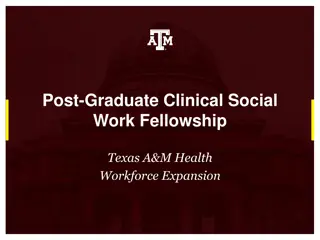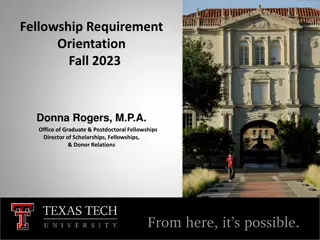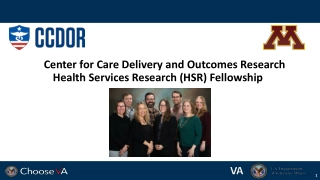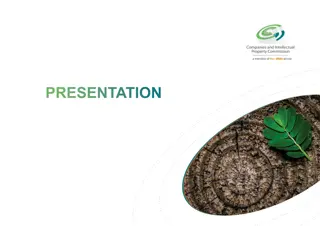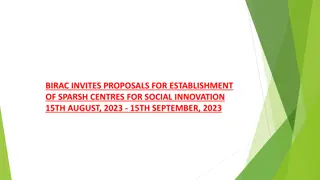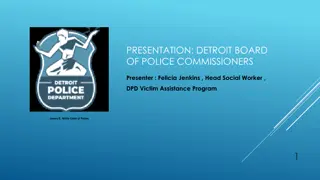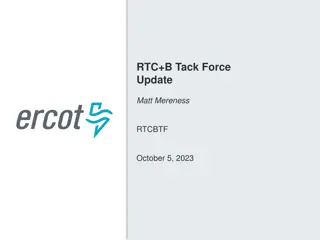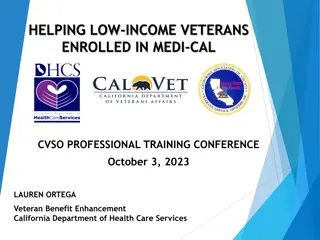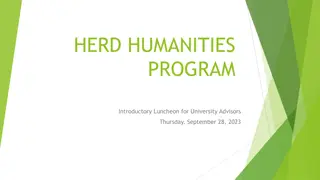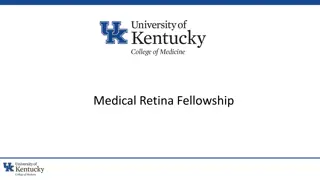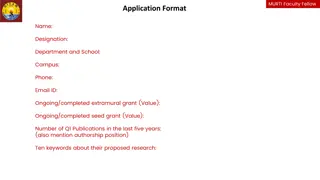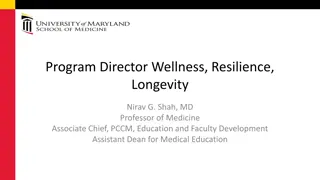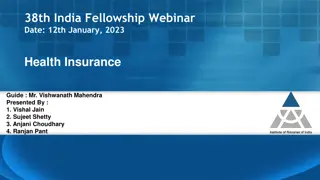Insights on Fellowship Program Directorship
Explore the top ten pearls and pitfalls of Fellowship Program Directorship, shared by accomplished professionals in the field. Gain valuable advice on managing emails, conducting face-to-face meetings, preparing for ACGME requirements, and leveraging support from the Designated Institutional Official (DIO) for successful program oversight.
Download Presentation
Please find below an Image/Link to download the presentation.
The content on the website is provided AS IS for your information and personal use only. It may not be sold, licensed, or shared on other websites without obtaining consent from the author. Download presentation by click this link. If you encounter any issues during the download, it is possible that the publisher has removed the file from their server.
Presentation Transcript
Top Ten Pearls & Pitfalls of Fellowship Program Directorship Annie Im, MD University of Pittsburgh Ann LaCasce, MD, MMSc Dana-Farber Cancer Institute Alice Ma, MD University of North Carolina, Chapel Hill
American Society of Hematology 60th ASH Annual Meeting Disclosure Statement Ann LaCasce, MD, MMSc BMS, Humanigen, Seattle Genetics Consultancy Discussion of off-label drug use: Not applicable
American Society of Hematology 60th ASH Annual Meeting Disclosure Statement Annie Im, MD Nothing to disclose Discussion of off-label drug use: Not applicable
American Society of Hematology 60th ASH Annual Meeting Disclosure Statement Alice Ma, MD Nothing to disclose Discussion of off-label drug use: Not applicable
#1: The Email Trail Save all emails relating to trainees, changes to the program, support, salary, grants anything having to do with time or money. Copy your program coordinator s/he is paid to be more organized than you!
#2: Face-to-Face Meetings are Key In-person conversations between real live people are best when dealing with sensitive or thorny issues. Avoid snarky text messages, emails that can be misconstrued anything you would not want on a billboard should not be put into writing.
#3: Being ACGME-Ready It is OK to have a didactic session explaining what the resident survey questions mean and what the answers should be. Ditto the faculty survey. It s not cheating it s explaining. Trust us no one else knows what Practice- Based Learning is!
#4: Your DIO Know your DIO (Designated Institutional Official is the liaison between your health system s training programs and the ACGME. S/he is your friend, advocate, and advisor. Use the GME office for guidance when issues arise.
#5: Your Division Chief You should also know and trust your Division Chief. Hide nothing from your Chief. Leverage his/her power to help you effect change, particularly changes involving faculty. You are the fellowship program director, not the faculty program director!
#6: Your Program Coordinator An experienced (and/or intelligent, quick- learning, flexible, cheerful, patient) coordinator is key. Provide resources: ACGME offers educational conferences (and awards) for coordinators. S/he can also obtain guidance from the Internal Medicine coordinator.
#7: Conflict Resolution There are 3 sides to every story. Talk to EVERYONE before drawing conclusions. When behavior is truly bizarre or awful, be concerned first: Are there problems at home? With family? Substance abuse? Psychiatric issues?
#8: Your Colleagues Attend ASH/ASCO program director retreats and workshops. Colleagues are a great source of information and ideas. You can also ask fellow program directors at your institution for solutions and advice.
#9: Your Fellows Meet with fellows regularly for feedback about the program and be open to change. Individual as well as group meetings can be enlightening for you and cathartic for them.
#10: Your Boundaries It s OK to say, No. This applies to everyone who asks you for something (ie, not just fellows!). They expect you to set limits and may grumble but will respect you for it.
Bonus: Additional Pearls for New PDs
Bonus #1: Leadership Style Know your leadership style What works for you may not be the same as other PDs before you or around you
Bonus #2: The Bad Guy You have to be the bad guy sometimes Leverage CCC and other fellowship leadership, be objective, And don t take criticism personally
Bonus #3: The Good Guy Stand up for the fellows and for education, especially with administration It's important that the fellows know that you're on their side
Bonus #4: Promises Don't promise things in the fellowship that you can't deliver Talk with all stakeholders before communicating changes to fellows
Bonus #5: Innovation Try new things and be innovative! Know that some won t work (and be ok with that), but that some will
Bonus #6: The Mistakes Turn every misstep into a lesson Mistakes are common early, they will only help you quickly become an older and wiser PD


